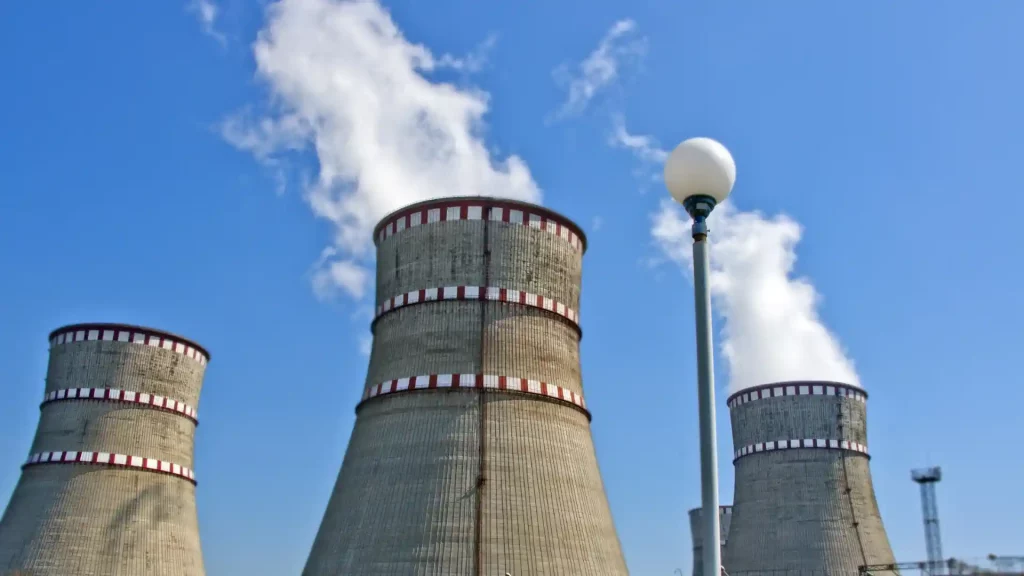The IAEA with KHNP is in active discussions with Saudi Arabia to make its nuclear dream a reality.
The International Atomic Energy Agency, the global administrator of the nuclear industry, said that they are cooperating with the Kingdom of Saudi Arabia to develop the Kingdom’s indigenous nuclear power production industry.
On the sidelines of the UN Climate Change Conference 2023, Wei Huang, the director of the Department of Nuclear Energy of IAEA, told news outlets that the agency had noticed the rapid development of the Kingdom’s nuclear power sector.
He said that they have taken part in the auction to include nuclear power in their energy portfolio. The agency is henceforth expecting that they will take some strides and generate a viable outcome. They are looking at substantial interest from the Gulf region for adding nuclear power into their energy and security energy sector and also to enhance their capabilities to decarbonise the carbon emissions from their lands.
The agency is in support of their member nations who are willing to develop nuclear power production. They are also inspired by the initiative of this region, with some of the world’s largest reserves of fossil fuel, to focus on adding nuclear energy as an alternative to reduce greenhouse gas emissions.
The IAEA has a 19 milestone list that each country must check upon before running on the nuclear path, and the agency will be happy to guide them in achieving these milestones. They cover areas like finance, funding, nuclear, human resource and safety standards.
They provide a lot of technical assistance to make sure the country is ready to begin work for nuclear power. They also aid in the inspection of the nuclear infrastructure.
The development of nuclear power in the Middle East has been quite significant. Over the course of a few decades, there has been substantial development in the field of fission, but fusion requires a lot of work to be functional in the coming decades. The agency is now working with member nations and other partners on how to transfer nuclear fusion from scientific studies to engineering activities, as well as regulatory norms for fusion.
Saudi Arabia is just getting started in the nuclear power sector, whilst its neighbour, the United Arab Emirates, has jumped far. The UAE has three operational facilities at the Barakah Nuclear Power Station. It also has a fourth unit under construction.
Khaled Al-Shehhi, the surveillance manager for the nuclear fuel quality at the Emirates Nuclear Energy Corp., the owner of the Barakah facility, said that the fourth unit will be operational soon. The four units together will generate 5.6 gigawatts of electricity, which is equal to 25% of the total electricity production in the entire country. The Barakah facility uses APR1400 reactors, a Generation 3+ nuclear reactor made with Korean technology.
Korea Hydro & Nuclear Power have helped the UAE build the Barakah facility. They began work in 2009 when the UAE government needed to gain experience in the nuclear field. Neither did they have any regulations or guidelines. They helped them build strict regulations and guidelines for implementation at the nuclear power plant for the first time in the world.
The IAEA with KHNP is in active discussions with Saudi Arabia to make its nuclear dream a reality. The World Nuclear Association, the global nuclear industry trade body, is also in talks with the government.
King Lee, head of policy and industry engagement at WNA, said that Saudi Arabia is aiming to improve the quality of clean power and has been planning on implementing nuclear energy for some time. Saudi Arabia generates most of its electricity by burning fossil fuels and is looking at nuclear energy as a cleaner alternative than oil and gas. They are considering both the large reactors and the smaller, more advanced modular reactors.
